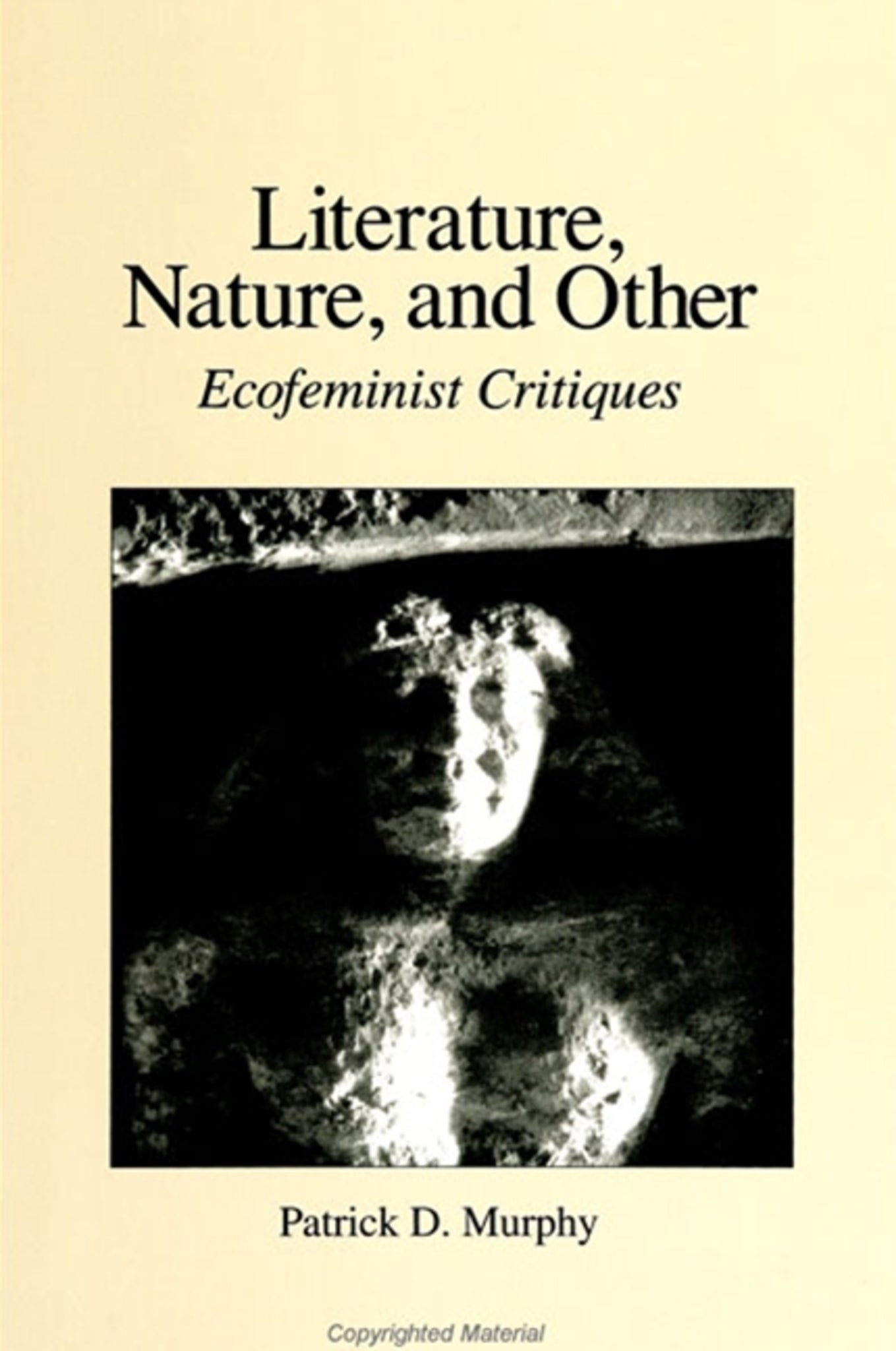We're sorry. An error has occurred
Please cancel or retry.
Literature, Nature, and Other

Some error occured while loading the Quick View. Please close the Quick View and try reloading the page.
Couldn't load pickup availability
- Format:
-
03 February 1995

Postmodern theory at its best—a call for an ecofeminist dialogical method of reading literature and nature.
The book first establishes a theoretical framework for conceptualizing environmental analysis. It then develops a conception of environmental literature with an emphasis on works by women, arguing for the need to reconceptualize woman/nature and nature/culture associations, and critiquing the problems of male poetic sex-typing of the planet. Murphy also elaborates on specific works and authors, with an emphasis on literary texts by Hampl, Harjo, Snyder, and Le Guin. Additionally, he treats issues of canon and pedagogy, as well as the possibility of agency in a postmodern era.
Ranging across diverse fields and incorporating cultural studies, post-structuralist literary theory, and ecofeminist philosophy, Literature, Nature, and Other both defines and critiques the current terrains of literary ecocriticism and nature writing/environmental literature. Literary examples are drawn from fiction, poetry, and prose, including postmodern metanarratives and works by Native Americans and Chicanas.


"This is postmodern theory at its best—theory that resists totalizing language and closure—theory that always points back to the text, the creative well-spring of philosophy and practice.
"Murphy is vibrant, insistent, and responsible as a scholar, literary critic, philosopher, and pedagogical theorist. He is a sharp deconstructionist, but also a strong postmodern optimist.
"In this collection of essays, he acts as a web-weaver and a border crosser—moving back and forth between the camps of philosophy, literary criticism, feminist theory and pedagogical theory—linking strands of thought from such diverse realms as Lacanian psychoanalysis, Deep Ecology, postmodern theory, French Feminism, Bakhtinian dialogics and ecofeminism." — Gretchen Legler, University of Minnesota, Minneapolis
Acknowledgments
Preface
I.
1. Prolegomenon for an Ecofeminist Dialogics
2. Ground, Pivot, Motion: Ecofeminist Theory, Dialogics, and Literary Practice
3. Voicing Another Nature
4. Reconceiving the Relations of Woman and Nature, Nature and Culture: Contemporary Environmental Literature by Women
5. Sex-Typing the Planet: Gaia Imagery and the Problem of Subverting Patriarchy
II.
6. Somagrams in An/Other Tongue: Patricia Hampl's "Resort"
7. Ecology and Love: The Spiderwebs of Joy Harjo
8. "A Mountain Always Practices in Every Place": Climbing over Transcendence
9. Pivots Instead of Centers: Postmodern Spirituality in Gary Snyder and Ursula K. Le Guin
III.
10. Let the Survivors of Contact Speak: In the Canon and in the Classroom
11. Centering the Other: Trickster Midwife Pedagogy
12. The Present Is to Nature as the Past Is to Culture as the Future Is to Agency
13. Simply Uncontrollable, Or Steaming Open the Envelope of Ideology
14. Afterword
15. Appendix: Dialectics of Dialgoics: Method and Message in the Classroom
Notes
Bibliography
Index



